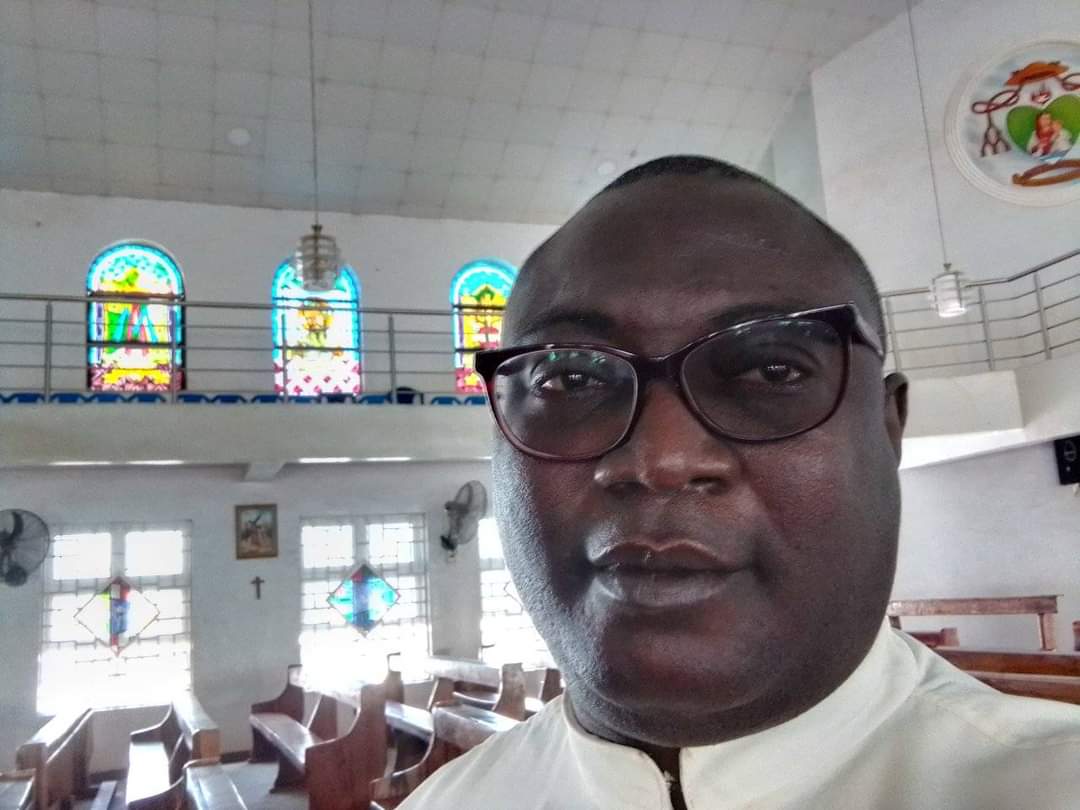The Gift of God

Third Sunday of Lent, Year A (12/03/2023)
(Exodus 17: 3-7; Psalm 95: 1-2, 6-9; Romans 5: 1-2, 5-8; John 4: 5-42)
By Fr Samuel Odeh
Our natural life is a gift from God but so also is the supernatural life of faith. For the believer, the supernatural life of a relationship with the living God is a gift from God. In our first reading and our Gospel reading today water is used to represent that life from God. We know how important water is to human life. A great percentage of our bodies consists of water. A human person will die faster from a lack of water than they will from a lack of food. Our crops on farms need water to grow. We can therefore understand, on a human level, the cry of the Israelites in the first reading from the Book of Exodus, when the people thirsted for water in the desert. They failed God and Moses by complaining bitterly against them and distrusting them even though they had previously witnessed miraculous works on their behalf. Despite their lack of faith, God instructed Moses to strike the rock at Mount Horeb and water gushed forth for the people. Hundreds of years later, Saint Paul, referring to this incident, described the true rock that brought water to God’s people in the desert as Christ Jesus himself: “For they drank from the supernatural Rock which followed them, and the Rock was Christ” (1 Corinthians 10: 4).
In our Gospel reading today from the Gospel according to John, Jesus asks a Samaritan woman at a well in a place called Sychar for a drink of water. When the woman pointed out the fact of the hostility and distance that existed between the Jewish people of Jesus and her own Samaritan people as a reason to make his request seem very strange and odd, Jesus told her that if she only knew who he was, the request for water would have been the other way round and for a supernatural kind of water. “If you knew the gift of God, and who it is that is saying to you, ‘Give me a drink,' you would have asked him, and he would have given you living water.” The encounter between Jesus and this woman is presented to us during the season of Lent so that we may see Christ meeting us and inviting us to a closer relationship with him and ourselves. In Lent, we ask God to heal our separation and estrangement from him and one another. In today’s Gospel story, this separation is represented by the fact that the person Jesus meets at the well is a woman and a Samaritan. Furthermore, she is an outcast among her own people; she comes to fetch water at noon, the sixth hour, and not in the morning, the usual time when the other women come to fetch water. She may have suffered rejection among the Samaritans on account of having been married five times. The Good News here is that Jesus does not allow any of these obstacles to get in the way of him ministering to her. First, he offers her a new way of life: “.. but whoever drinks of the water that I shall give him will never thirst; the water that I shall give him will become in him a spring of water welling up to eternal life”. We all know that spring water is much better than water from a well, and spring water here is an image of the new life Jesus offers us. Next, Jesus tells the woman about herself, about her past life, and then reveals himself to her as the Messiah, as the Christ, as the Savior. She comes to recognize him as a prophet. He then tells her about the worship of God in spirit and in truth; true worshippers will worship God anywhere, not only in Jerusalem, and he will no longer be truly worshipped on account of whether one is a Jew or a Samaritan. Finally, she becomes a missionary to her own Samaritan people; she preaches to them. She said to them, “Come, see a man who told me all that I ever did. Can this be the Christ?”.
In our second reading today from Saint Paul’s letter to the Romans, we are told that God will not refuse or deprive anyone of the living water and the new life he gives in Christ Jesus. The Christian community is reminded that the love of God was poured into our hearts through the gift of the Holy Spirit even while we were still sinners. God did not wait for us to be perfect before he saved us. “While we were yet helpless, at the right time Christ died for the ungodly.” This proves the unconditional love of God for sinners: “But God shows his love for us in that while we were yet sinners Christ died for us”.
Let us allow Christ Jesus to meet us in the Eucharist today. Let us be trusting and joyful in his goodness and love of us; Jesus is thirsty for our faith. Like the Samaritan woman in today’s Gospel reading let us ask Jesus to give us his living water always. May the Lord bless his words in our hearts. Amen.